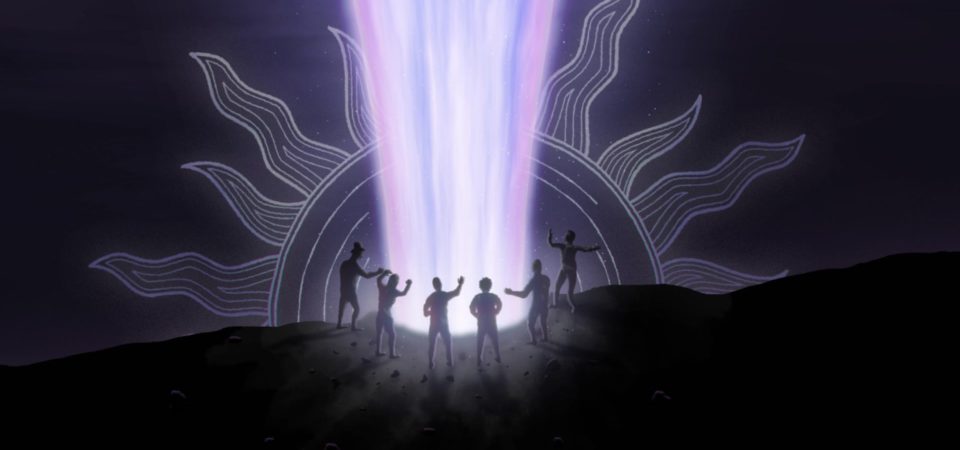Item Link: Access the Resource
Date of Publication: February 28
Year of Publication: 2024
Publisher: The Great Simplification
Author(s): Nate Hagens
In this episode, astrophysicist Sandra Faber joins Nate for a wideview cosmological conversation on the development of the known universe and the moral implications for humanity’s role within it. We are the first generation with the ability to truly understand the history of the universe and the extreme bottlenecks that Earth and life as we know it had to endure over the last billions of years. This understanding of where we come from gives us insight into who we are – and could perhaps give purpose to those searching for meaning in the vast universe. From the Big Bang on, how did the necessary conditions come together to create the environment so many of us take for granted today? How do the laws of physics restrict everything that has ever happened in the universe – and everything that ever will? Could a deeper understanding of the cosmos shift our culture towards one that values human survival into deep time – and incentivize biophysically and ecologically aligned systems?
About Sandra Faber
Sandra Faber is an American astrophysicist known for her research on the evolution of galaxies. She is a Professor of Astronomy and Astrophysics at the University of California, Santa Cruz, and works at the Lick Observatory. She has made discoveries linking the brightness of galaxies to the speed of stars within them and was the co-discoverer of the Faber–Jackson relation. Faber was also instrumental in designing the Keck telescopes in Hawaii. At UCSC she focuses her research on the evolution of structure in the universe and the evolution and formation of galaxies. In addition to this, she led the development of the DEIMOS instrument on the Keck telescope, to obtain spectra of cosmologically distant galaxies. On August 1, 2012, she became the Interim Director of the University of California Observatories.
The views and opinions expressed through the MAHB Website are those of the contributing authors and do not necessarily reflect an official position of the MAHB. The MAHB aims to share a range of perspectives and welcomes the discussions that they prompt.
